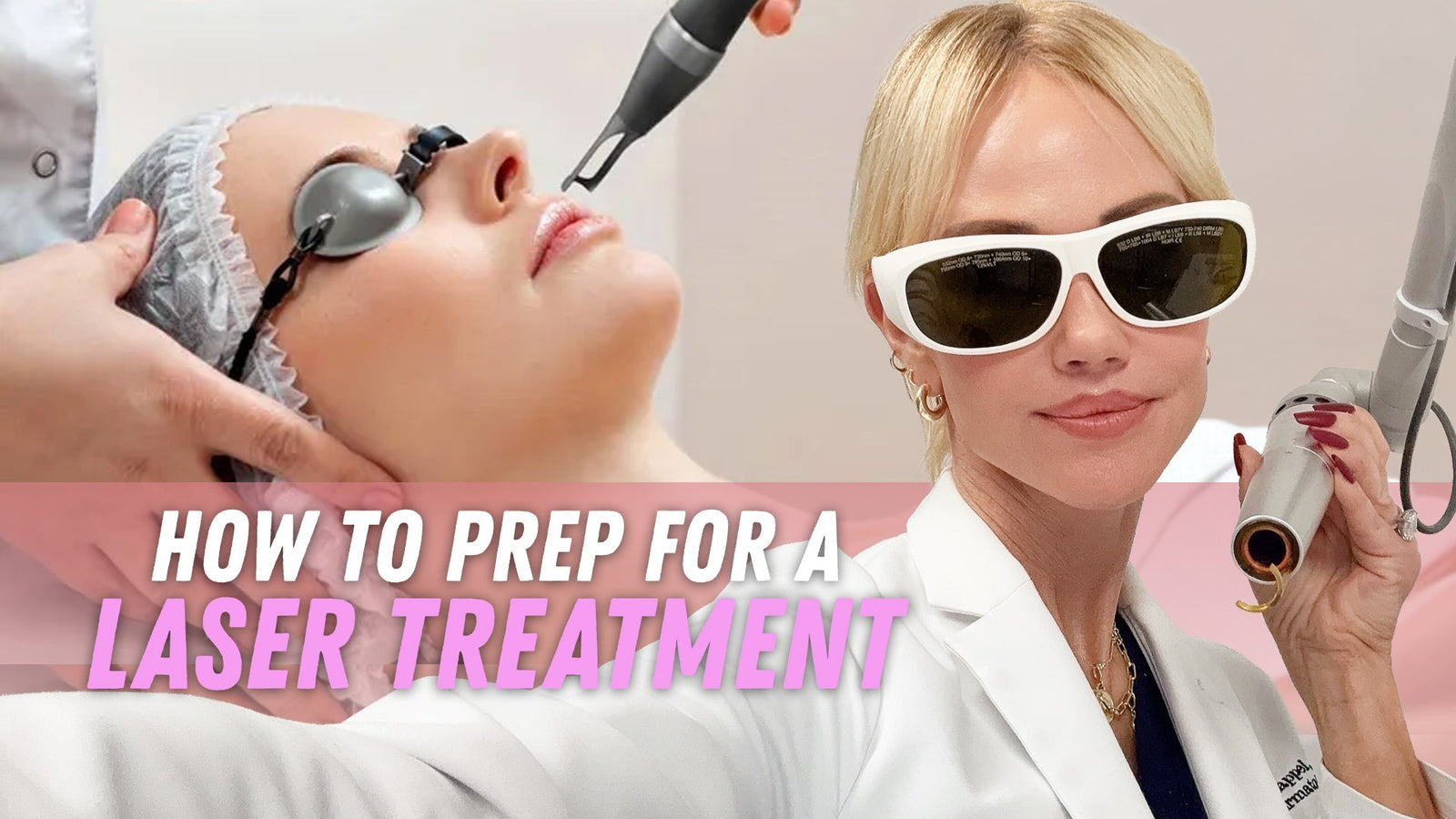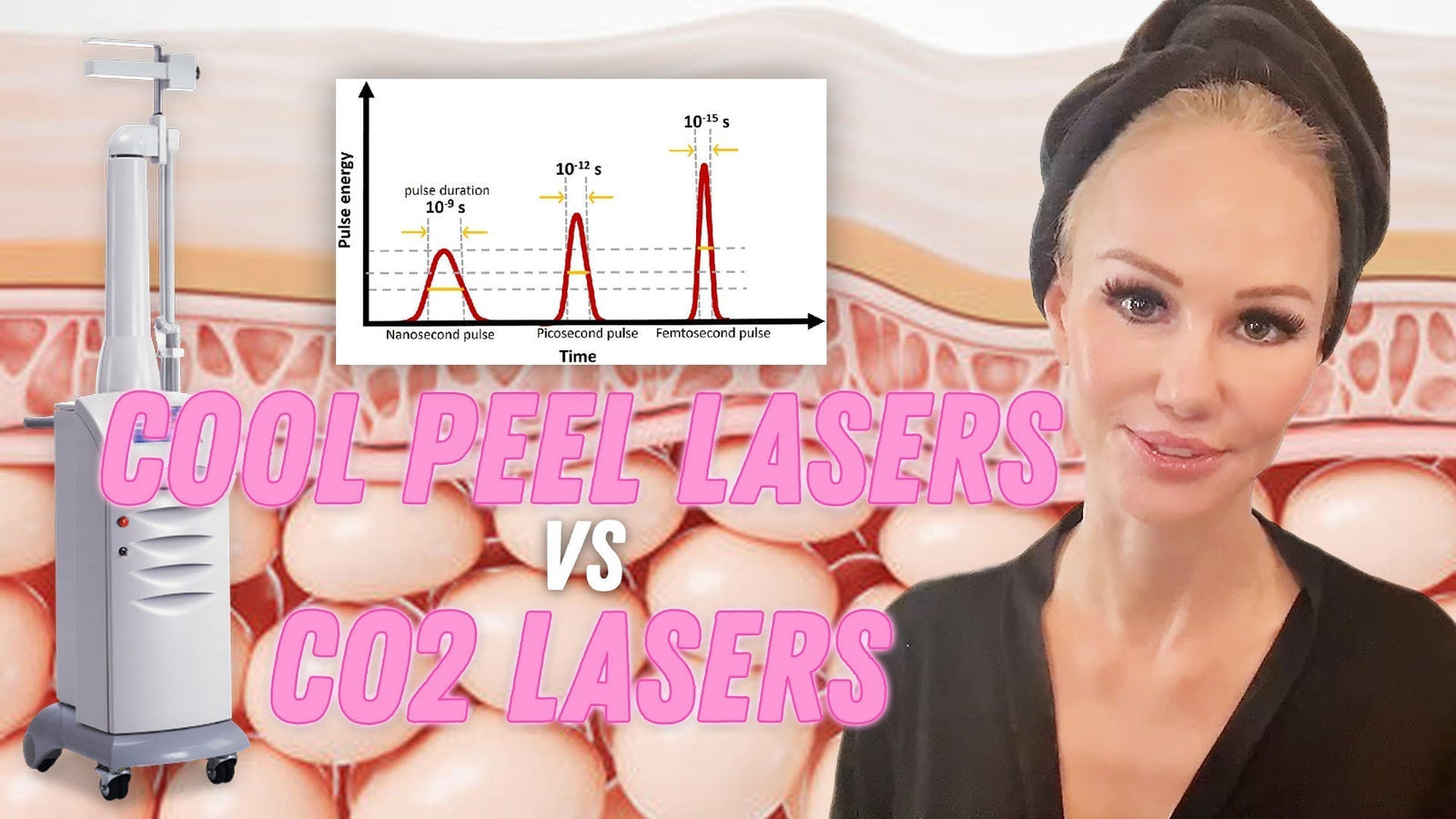When it comes to your face, not all “experts” are created equal. Social media can make anyone look credible—but without the right training, you could be putting your skin in the wrong hands.
In this video, Dr. Stefani Kappel, double board-certified cosmetic dermatologist, shares three key questions you can ask to instantly tell whether your injector or laser provider is truly an expert—or just calling themselves one.
👉What the full video here:
Why This Matters
Many patients unknowingly trust providers who embellish credentials, advertise false expertise, or simply lack advanced training. The result? Complications, poor outcomes, and unnecessary risk.
By asking the right questions, you can avoid these pitfalls and feel confident that your provider truly understands the complexity of facial anatomy, safe laser use, and advanced techniques.
1. Can They Treat Complex Botox Areas?
A true expert doesn’t just memorize injection patterns—they evaluate your unique facial anatomy in real time.
Ask if they’re confident treating advanced or off-label areas like:
-
Bunny lines
-
Jelly roll under the eyes
-
DAO (corners of the mouth)
-
Nose tip lift (“Tinkerbell”)
If they hesitate or dismiss these as “not possible,” it may be a red flag about their training.
🎥 In the video, Dr. Kappel explains why Botox shouldn’t make lines worse—and how poor technique can.
2. Can They Safely Treat Skin of Color with Lasers?
If you’ve been told that lasers aren’t safe for darker skin tones, that’s misinformation. With advanced training, appropriate pre and post care, lasers can be safe and transformative for all skin types and skin goals.
Dr. Kappel shares a story of an African-American patient who was told for 15 years she wasn’t a candidate. With the right technique, her melasma was treated safely with beautiful results.
🎥 In the video, Dr. Kappel talks about how training and understanding how each laser works allows people with all skin tones to be treated safely.
3. Can They Treat Around the Eyes?
The delicate eyelid area is often the first to show aging. Many providers say lasers aren’t safe near the eyes—but that usually means they aren’t trained to do it correctly.
Experienced specialists know how to use proper eye shields and techniques with CO2, Erbium, or Fraxel lasers. If a provider says “we don’t treat the eyes,” it’s worth questioning their skill level.
The Bottom Line
By asking these three questions, you’ll quickly know whether you’re in the hands of a highly trained expert or not. Your skin deserves nothing less.
Don’t leave your face to chance—make sure your provider can prove their expertise.



